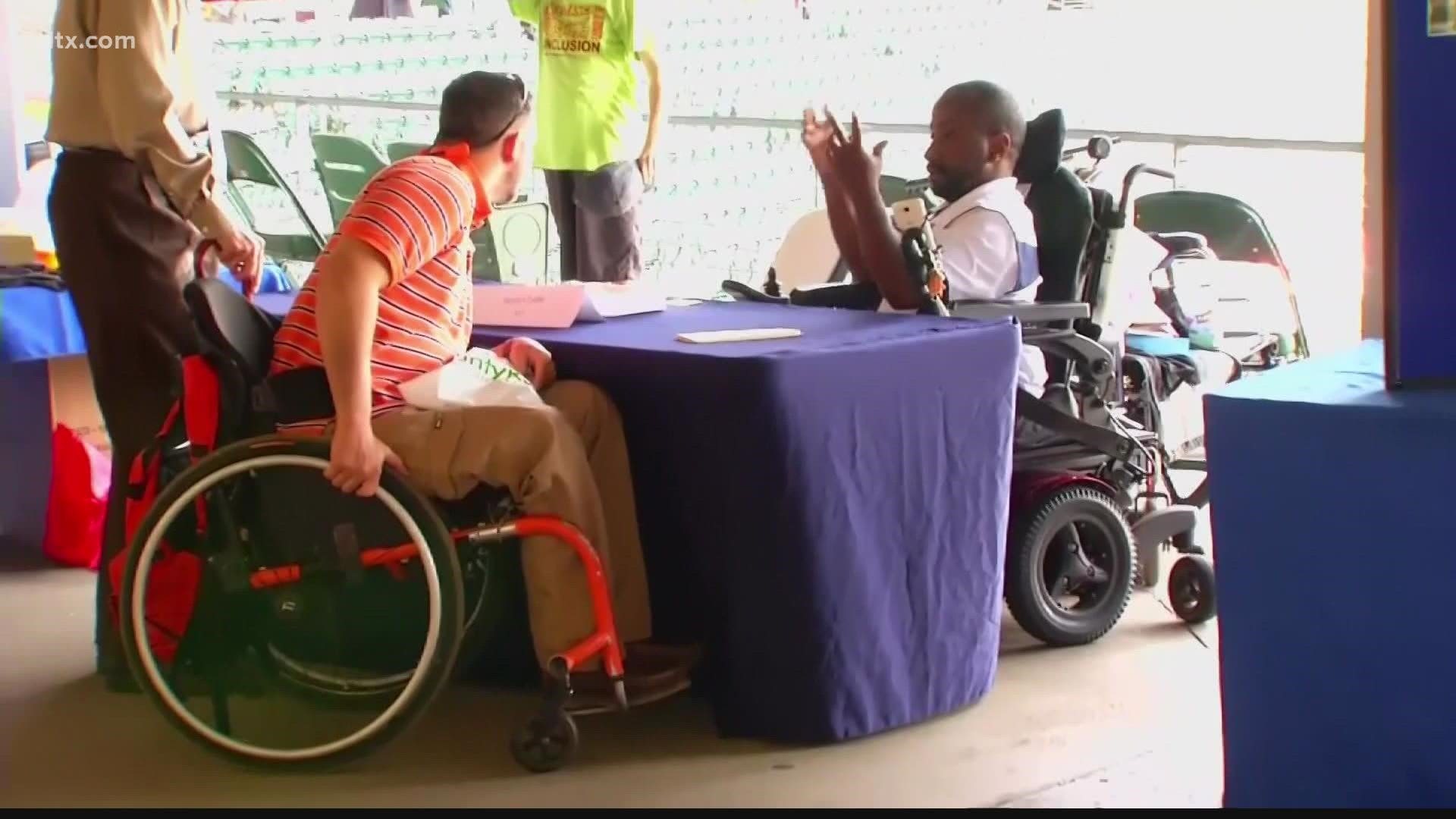COLUMBIA, S.C. — Under federal law, people with disabilities can be paid below minimum wage if they work for certain agencies. Though a joint resolution in the General Assembly aiming to ban the practice South Carolina could soon become law.
The joint resolution sponsored by Sen. Katrina Shealy (R-Lexington) ensures workers with disabilities earn a fair wage
According to the U.S. Department of Labor, more than a thousand people with disabilities working in South Carolina are being paid less than the federal hourly minimum wage.
Angela Green was once one of those workers, bringing home $60 to $20 a week for various jobs.
“It made me feel devalued like I wasn’t valuable and um it made me feel like I wasn’t accomplishing anything," said Greene.
Right now, employers can apply for a waiver that allows them to pay certain employees below $7.25 an hour based on the assumption someone's disability impacts their ability to perform on the job.
"Some are making $1.25 an hour, some are making less than $1 and pennies an hour," said President and CEO of Able South Carolina Kimberly Tissot.
Tissot has been working for 10 years to create legislation that would end this practice.
"Subminimum wage has been a very painful topic for the disability community for so many years," said Tissot. "Because when you're paying less than what everybody else makes, because of who you are, as a person with disabilities, it impacts your whole self, as well as the the entire disability community."
"We're just thrilled to see this, to see this move forward," said Tissot. "In my eyes, it's lasted 80 plus years too long."
The bill would also establish a task force responsible for coming up with a plan that benefits employers and employees to phase out the practice of subminimum wage.
"We're also going to strengthen state agencies to be inclusive with their hiring practices, and hiring people with disabilities as well as the general public," said Tissot.
After years of advocating for fair wages, Green is excited lawmakers are making a change.
“They see us as value and see us not for our disability, but see us as people," said Greene.
If the bill is signed into law this year, it would take effect in August 2024.
The bill has one final vote in the Senate before heading to the Governor's desk.

